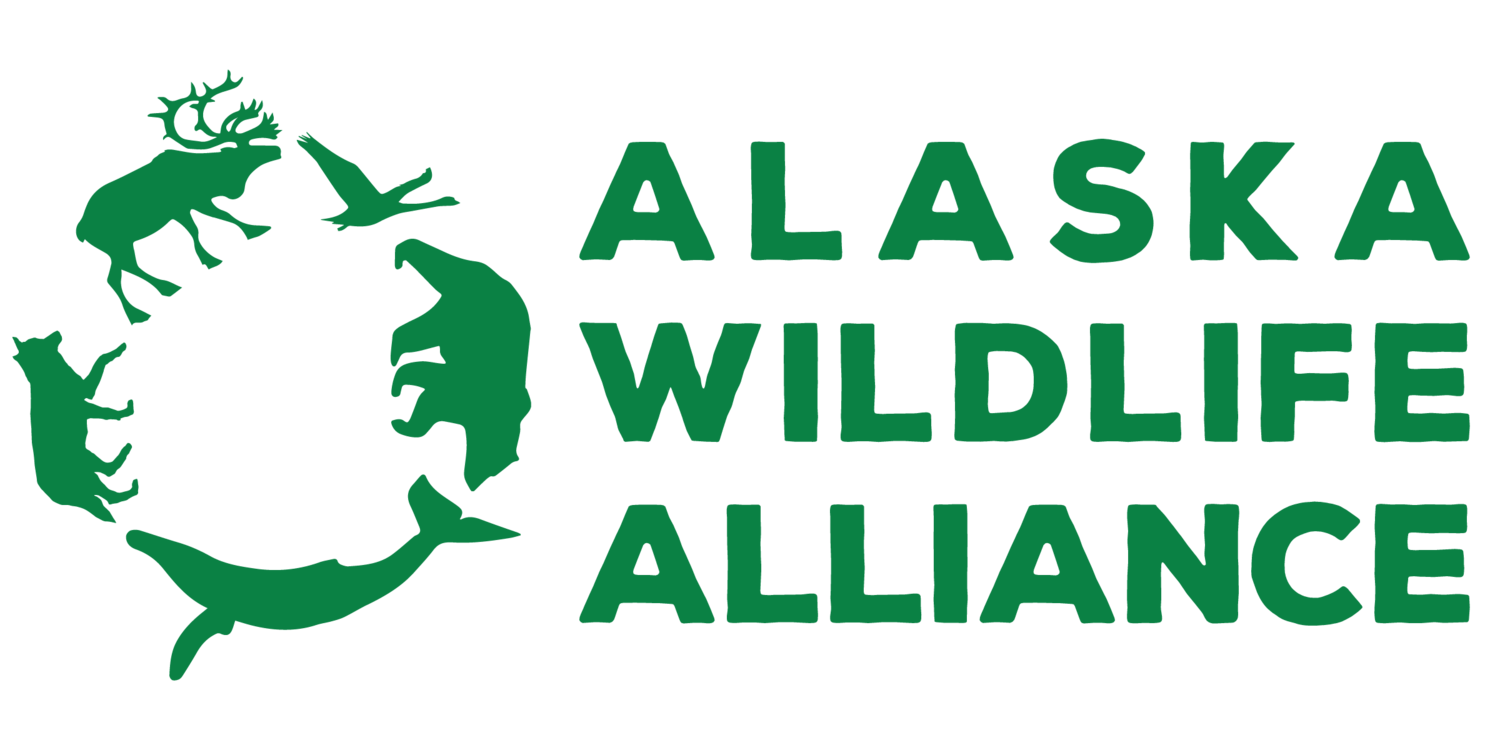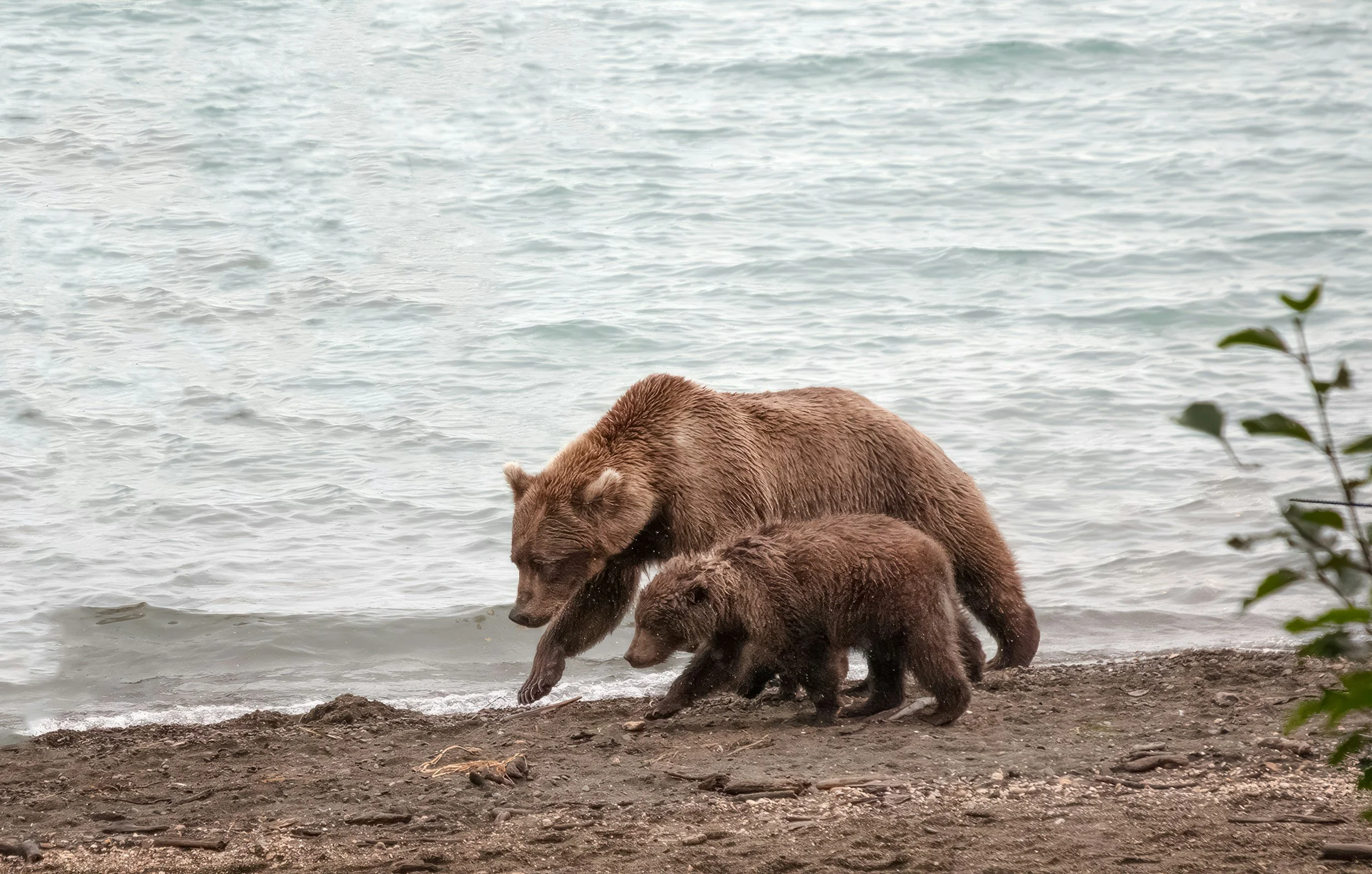On June 6, the State released a public notice that the Board of Game has proposed to adopt regulation changes to the 2011 Mulchatna wolf predator control program that would allow ADFG to also aerially gun black and brown bears.
Mulchatna Update: AWA Files Legal Action to Stop the Spring 2025 Cull
Statewide Board of Game Meeting Results
URGENT ACTION ALERT FOR MULCHATNA BEARS
Justice for Mulchatna Bears!
Action Alert: Give Public Testimony at the Statewide BOG Meetings in Anchorage
Between January 10 and 17, 2025, the Central and Southwest Board of Game Meeting will be held in Wasilla at the Best Western on Lake Lucille. While the main public comment period for proposals has already passed, there is a public comment period in the first few days of the meeting, where oral testimonies and written comments may be given.
Action Alert: Submit Your Comments on Statewide Board of Game Proposals
The Board of Game Proposals for the Statewide Meeting have been released and AWA is carefully combing through them so that we can best represent the needs of Alaska’s wildlife at the Statewide BOG meeting in March. The public comment period is open until March 7, and we could use your voice to help safeguard Alaskan wildlife.
Southwest and Central Board of Game Meeting Results
Alaska Wildlife Alliance attended the Central and Southwest Board of Game Meeting as a voice for Alaska’s wildlife, giving testimony, mobilizing public comment on proposals, and watching deliberations. Overall, AWA submitted comments on 37 proposals. The Board of Game voted with us on 22 of those proposals, for a 59% success rate, and voted against us on 15 proposals, for a 41% failure rate.
Trapping Setbacks Secured for the Mat-Su!
Action Alert: Give Public Testimony at the BOG Proposal Meeting in Wasilla
Between January 10 and 17, 2025, the Central and Southwest Board of Game Meeting will be held in Wasilla at the Best Western on Lake Lucille. While the main public comment period for proposals has already passed, there is a public comment period in the first few days of the meeting, where oral testimonies and written comments may be given.
Action Alert: Say No to Proposal 75
This January, the Alaska Board of Game (BOG) will deliberate on nearly 200 proposals impacting wildlife, including Proposal 75, which was submitted by the Alaska Department of Fish and Game (ADFG). ADFG has proposed sweeping aerial gunning on wolves and bears on the west side of Cook Inlet, between Denali National Park and Lake Clark National Park.
Action Alert: Submit Your Comments on Central and Southwest Board of Game Proposals
The Board of Game Proposals for the Central and Southwest Region have been released and AWA is carefully combing through them so that we can best represent the needs of Alaska’s wildlife at the Wasilla BOG meeting in January. The public comment period is open until December 27, and we could use your voice to help safeguard Alaskan wildlife.
2024 Volunteer of the Year: Bill Sherwonit
AWA Sends a Letter of Concern About Johnson Tract Mine to Lake Clark's Superintendent
Johnson Tract Mine is a polymetallic mine located 125 miles southwest of Anchorage, near Lake Clark National Park and Preserve. The mine is seeking easements through Lake Clark National Park and Preserve. In June 2024, AWA and our partners wrote a letter to the Lake Clark Superintendent as a voice for wildlife in this process.





















